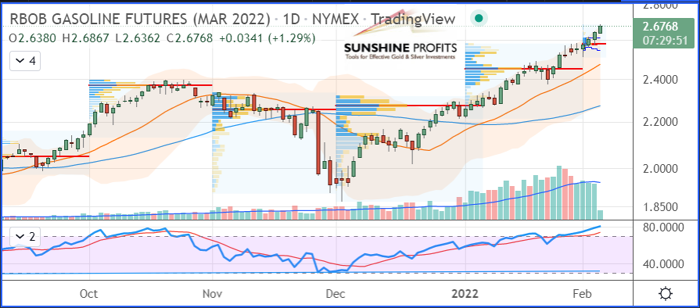
The proposed strategies are intended to help political and public health leaders prevent future pandemics by stopping the "spillover" of diseases from animals into humans
Feb. 4 (UPI) -- Three strategies designed to prevent future pandemics would cost less than 5% of the lowest estimated value of lives lost every year due to infectious disease outbreaks, researchers said in an analysis published Friday by Science Advances.
The strategies are intended to help political and public health leaders prevent future pandemics by stopping the "spillover" of diseases from animals into humans, according to the researchers.
They include better surveillance of pathogens, better management of wildlife trade and hunting and reduced deforestation, they said.
The annual costs of what they call "primary pandemic prevention" actions is about $20 billion, or less than 5% of the lowest estimated value of lives lost from emerging infectious diseases every year and less than 10% of the annual economic costs of outbreaks, the data showed.
"If COVID-19 taught us anything, it is that testing, treatments and vaccines can prevent deaths, but they do not stop the spread of viruses across the globe and may never prevent the emergence of new pathogens," Dr. Aaron Bernstein, one of 20 researchers behind the analysis, said in a press release.
"Spending only 5 cents on the dollar can help prevent the next tsunami of lives lost to pandemics," said Bernstein, director of the Center for Climate, Health and the Global Environment at Harvard T.H. Chan School of Public Health in Boston.
About 3.3 million people worldwide die each year from viral zoonotic diseases like COVID-19, according to the World Health Organization.
Through Friday, 5.7 million people have died from COVID-19, including a world-leading 894,000 in the United States, based on estimates from Johns Hopkins University.
The estimated value of these lost lives is at least $350 billion, with an additional $212 billion in direct economic losses, Bernstein and his colleagues said.
This amount is based on lives lost from every new viral disease that has "spilled over," or spread from animals to humans into humans, since 1918 and killed at least 10 people, the researchers said.
In 2021, a task force led by Bernstein found that the spillover of pathogens with the potential to cause pandemics occur from livestock operations, wildlife hunting and trade, land-use change and the destruction of tropical forests and rapid, unplanned urbanization.
Climate change also is shrinking habitats and pushing animals on land and sea to move to new places, creating opportunities for pathogens to enter new hosts, the task force found.
Preventing spillover at the source is rarely addressed when policymakers discuss pandemic risks, despite the fundamental role these events play in spreading emerging infections, they said.
To address this, they recommend revising the World Health Organization's "phases of infectious disease emergence" guidance to include a specific phase for spillover.
They also coin a new term, "primary pandemic prevention," to describe actions that stop new diseases before they spread, rather than actions that address disease outbreaks after they occur, they said.
Primary prevention actions and recommendations include improved monitoring for pathogens that may spread from animals to people, with special training for veterinarians globally as part of that effort, according to the researchers.
Enhanced management of wildlife trade and hunting, including more resources for the Convention on International Trade in Endangered Species of Wild Fauna and Flora and the World Organization for Animal Health, and reduction of deforestation, particularly in the Amazon, are others, they said.
As part of this latter step, agriculture must be reformed to minimize or reverse land conversion and demand for less sustainable food must also be curtailed, the researchers said.
"Resources placed into reducing deforestation are an investment to prevent future epidemics, but also to mitigate current threats, such as malaria and respiratory diseases," Marcia Castro Andelot, another of the researchers involved with the new report, said in the press release.
"Making these investments in prevention brings returns to human health, to the environment, and to economic development," said Andelot, a professor of demography and chair of global health and population at the Harvard T.H. Chan School.




















